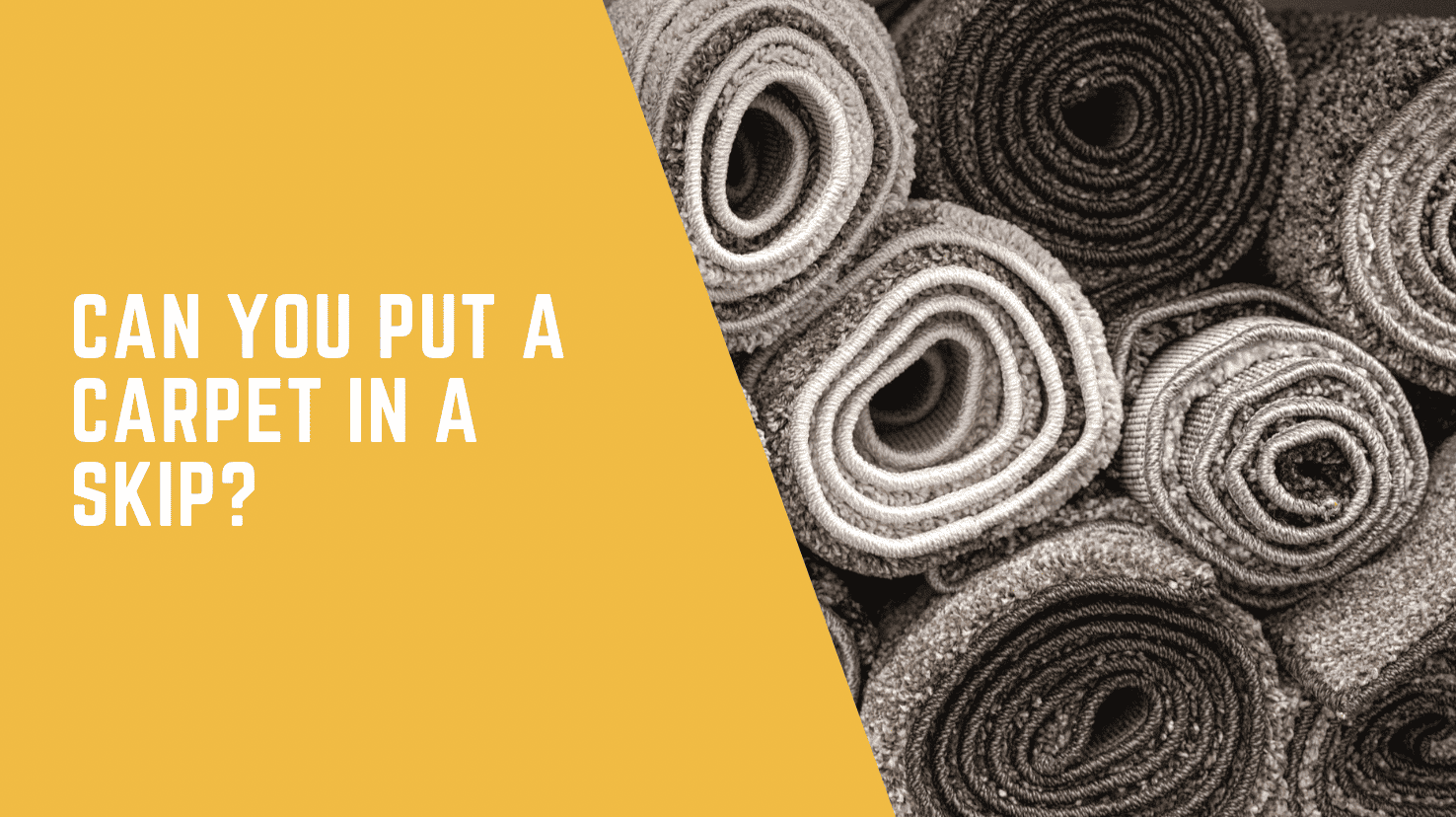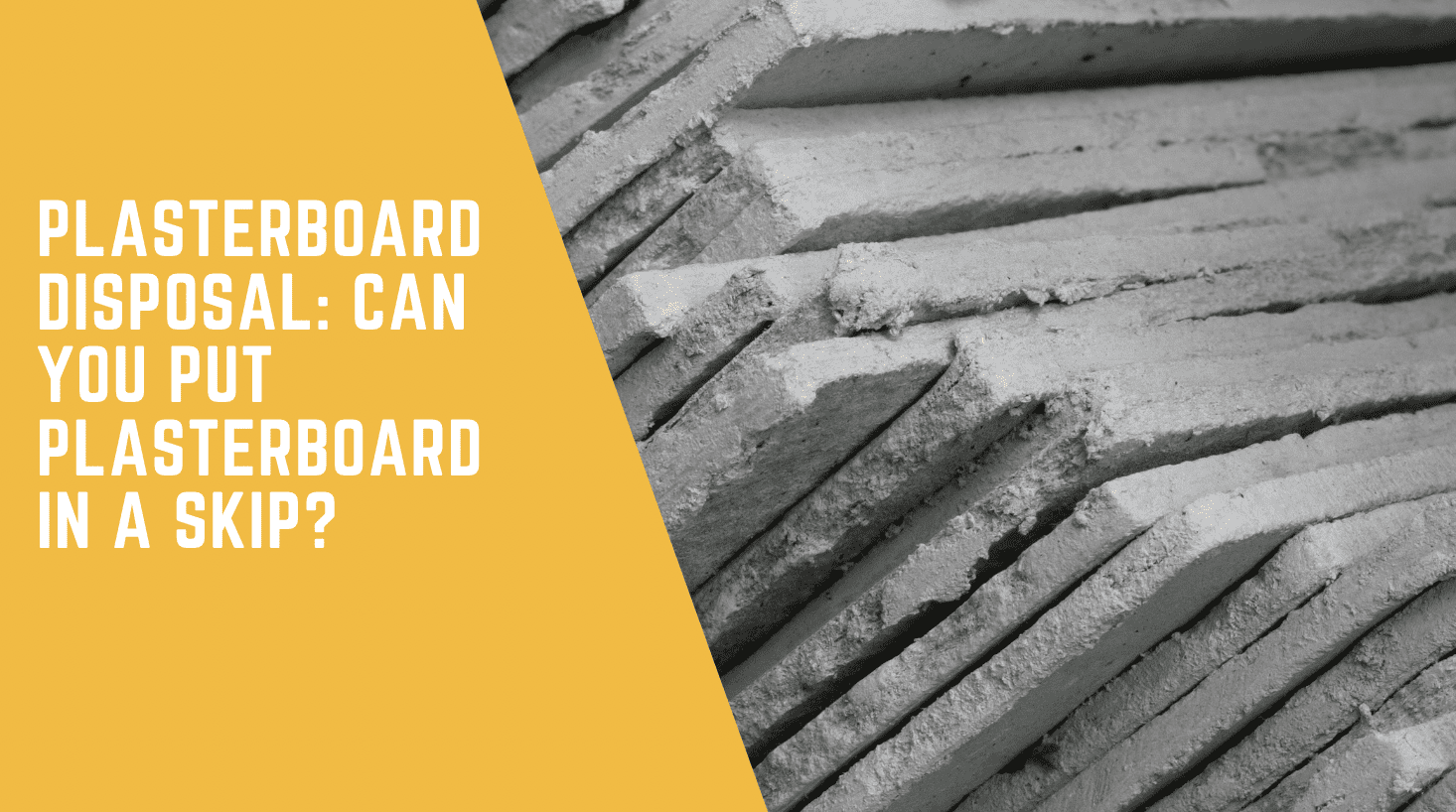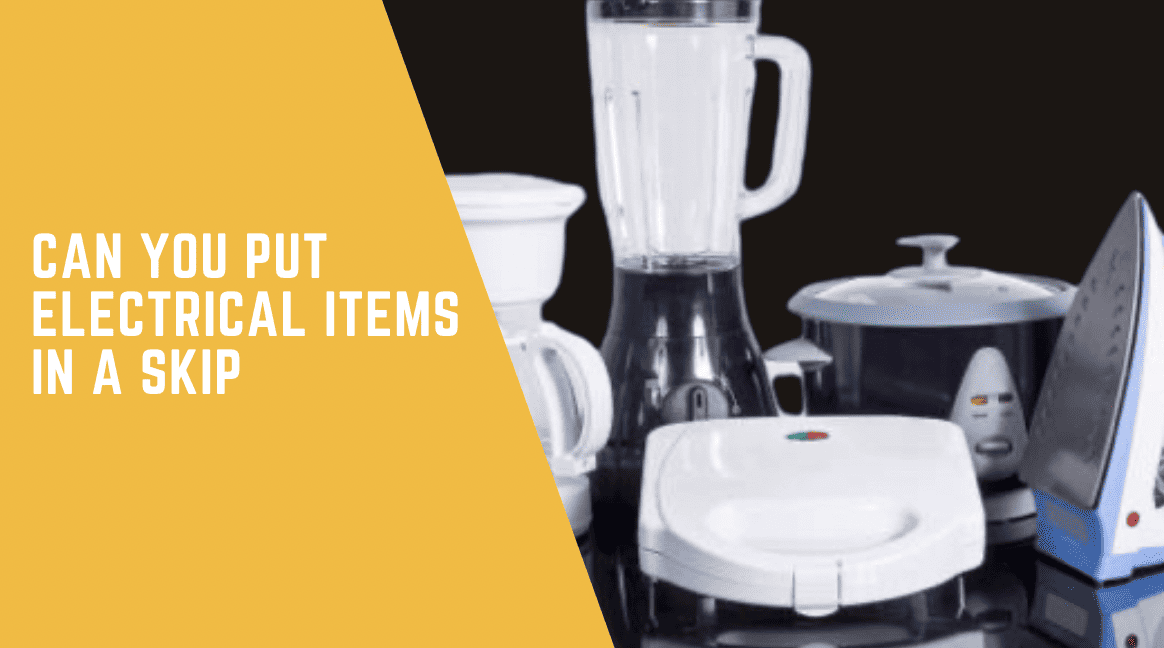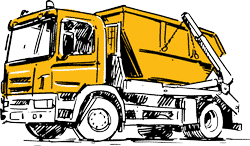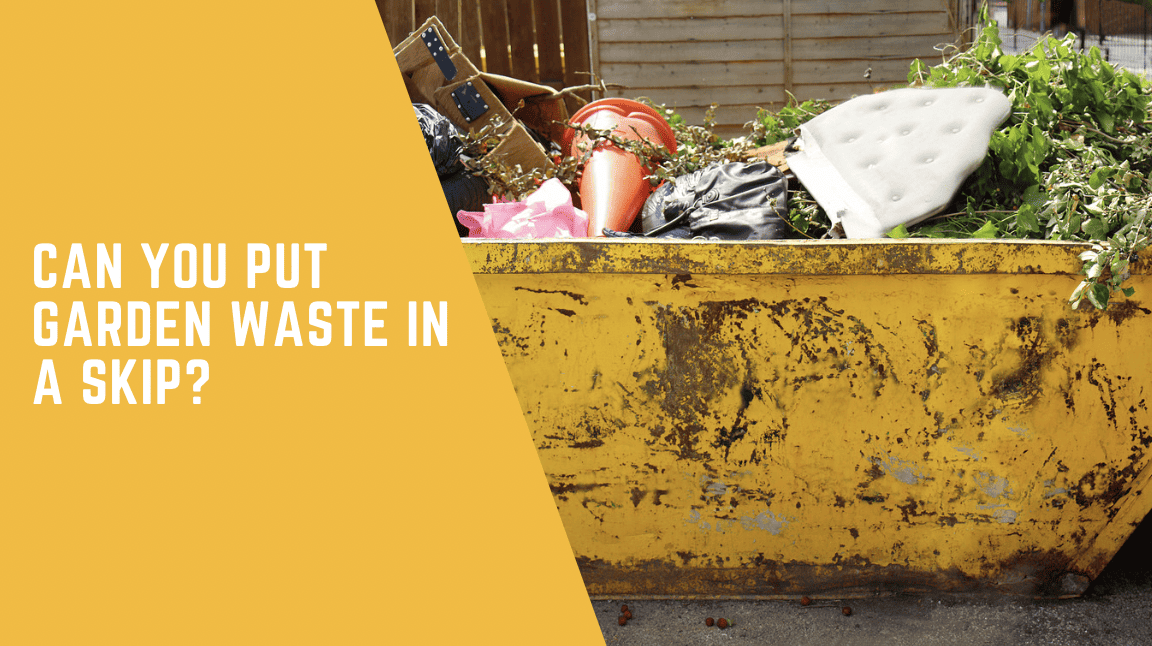
Can You Put Garden Waste In A Skip?
Whether it’s a landscaping overhaul or a simple clean-up, garden projects generate substantial waste. A common query among homeowners and gardeners is regarding the disposal of this waste: Can you put garden waste in a skip? In this article, we delve into the ins and outs of using skips for garden waste disposal, ensuring you make informed decisions that are practical and compliant with environmental regulations.
Understanding Skip Hire For Garden Waste
Yes, you can dispose of garden waste in a skip. This includes grass clippings, leaves, branches, and soil. However, it’s crucial to understand that not all garden waste is treated equally. Factors such as the type of waste, local regulations, and the skip hire company’s policies play a significant role in determining what can be included in your skip.
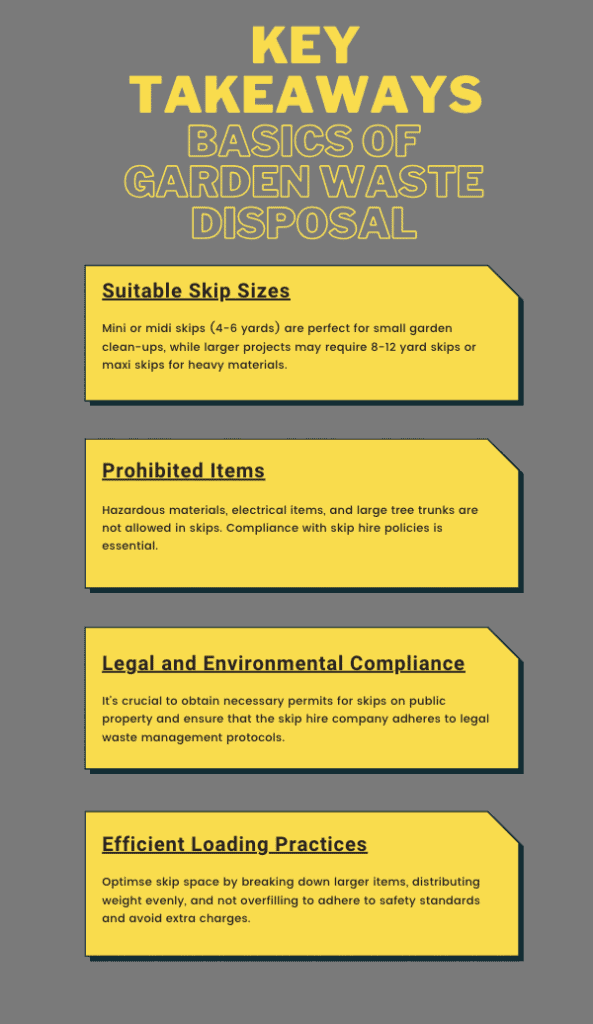
Interesting Fact On Garden WasteDid you know? In the UK, an estimated 14 million tons of garden waste is generated each year, and nearly 90% of it is recyclable. This presents a massive opportunity for eco-friendly practices, such as composting and recycling through green waste programs, significantly reducing the environmental impact.
What You Can Put in a Skip?
When considering skip hire for garden waste, here are some everyday items that are generally accepted:
- Grass Clippings and Leaves: Ideal for composting and easily accommodated in skips.
- Branches and Twigs: Ensure they are broken down into manageable sizes to maximise skip space.
- Soil and Dirt: Often permitted, but it’s best to check with the skip hire provider as heavy loads might have restrictions.
- Old Garden Furniture: As long as it’s not metal or treated with hazardous materials.
What You Cannot Put in a Skip?
While skips are versatile, certain items are a strict no-go. It’s essential to be aware of these to avoid any legal issues or additional charges:
- Hazardous Materials: Chemicals, asbestos, and batteries are prohibited.
- Electrical Items: Regulations often disallow electrical appliances in skips.
- Large Tree Trunks: Their size and Weight make them unsuitable for standard skips.
- Specific Types of Furniture: Especially those treated with harmful chemicals.
Relevant Article – What You Can & Can’t Put In A Skip
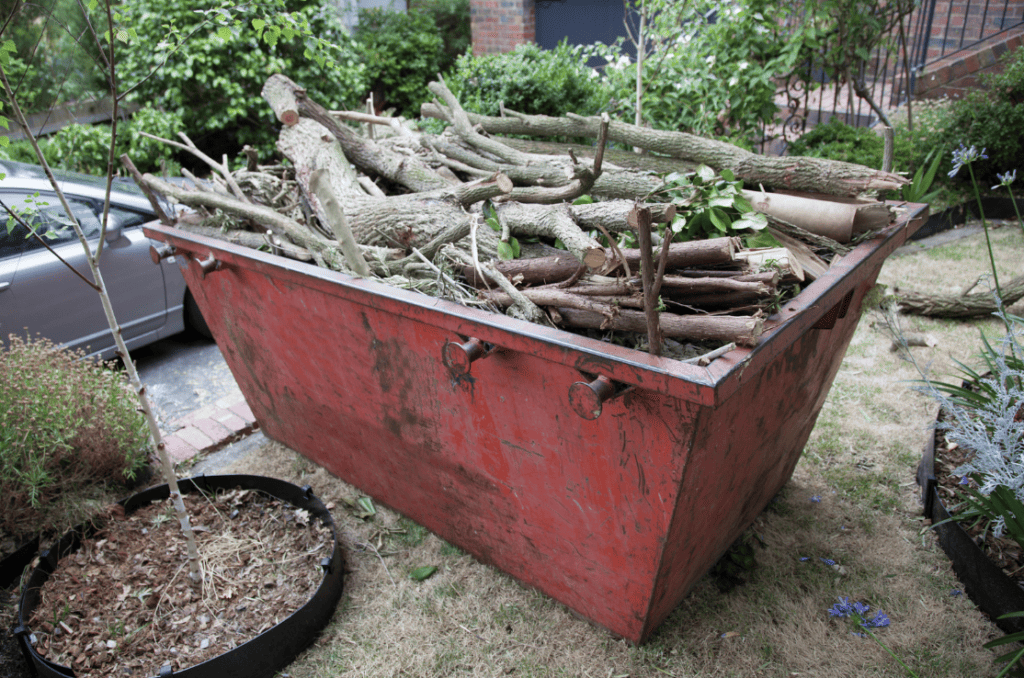
Benefits of Using Skips for Garden Waste Disposal
Opting for a skip for your garden waste comes with several advantages:
- Convenience: Skips provide a central place for all your garden waste, simplifying collection and disposal.
- Environmental Responsibility: Proper garden waste disposal through skips ensures environmentally safe practices.
- Cost-Effective: Unlike multiple trips to a waste disposal centre, a skip can be more economical, especially for larger projects.
How to Choose the Right Skip for Garden Waste
Selecting the appropriate skip size is essential for efficient and cost-effective garden waste disposal:
- Small Projects: A mini or midi skip (4-6 yards) might suffice for minor garden clean-ups.
- Medium to Large Projects: Larger skips (8-12 yards) are ideal for significant garden renovations or extensive landscaping work.
- Heavy Materials: If disposing of soil or rubble, consider weight limits and opt for a maxi skip.
Remember, it’s always better to slightly overestimate your needs to avoid overfilling, which can incur extra charges.
Legal Considerations and Compliance
Adhering to legal requirements is paramount when disposing of garden waste:
- Permits: If the skip is placed on public property, a skip permit from the local council is necessary.
- Waste Regulations: Ensure the skip hire company follows legal waste management and recycling protocols.
- Avoiding Fly-Tipping: Illegally dumping waste can lead to hefty fines. Using a reputable skip hire service prevents this risk.
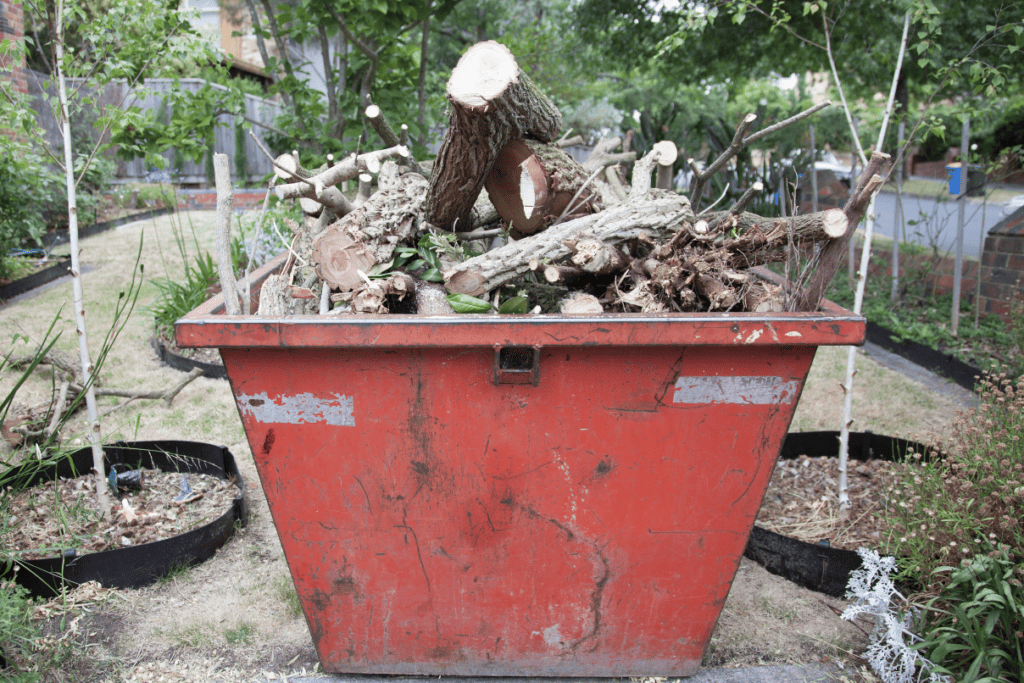
Best Practices for Loading Garden Waste in Skips
To make the most of your skip hire, here are some best practices for loading garden waste:
- Break Down Larger Items: Cut up branches and dismantle larger garden structures to optimize space.
- Distribute Weight Evenly: Place heavier items at the bottom and lighter, bulkier waste on top.
- Don’t Overfill: Keep waste level with the top of the skip to comply with safety regulations and avoid additional charges.
Conclusion
Proper disposal of garden waste is crucial for both environmental and legal reasons. Skips offer a convenient and efficient solution, but it’s essential to understand what can and cannot go into them. By choosing the right size skip and following best practices for loading, you can ensure a hassle-free garden waste disposal experience.
Frequently Asked Questions On Garden Waste
What size skip is best for garden waste?
A mini or midi skip (4-6 yards) is ideal for small garden clean-ups. For larger projects or heavy materials like soil, consider a larger skip (8-12 yards) or a maxi skip for weighty waste. Overestimating slightly avoids overfilling and extra charges.
How do gardeners get rid of garden waste?
Gardeners dispose of garden waste through composting, council green waste collections, or hiring skips for larger quantities. Composting is eco-friendly for organic waste, while skips efficiently handle bulkier or non-compostable garden debris.
How do I dispose of garden waste UK?
In the UK, garden waste can be disposed of via council green waste collection services, local recycling centres, composting at home, or hiring skips for larger amounts. Always check local regulations for specific disposal guidelines.
How long does garden waste take to decompose?
Garden waste decomposition varies: Leaves take 6 months to a year, grass clippings around two weeks, and branches up to 3 years. Factors like moisture, temperature, and material type affect the timeline. Composting can speed up the process.

